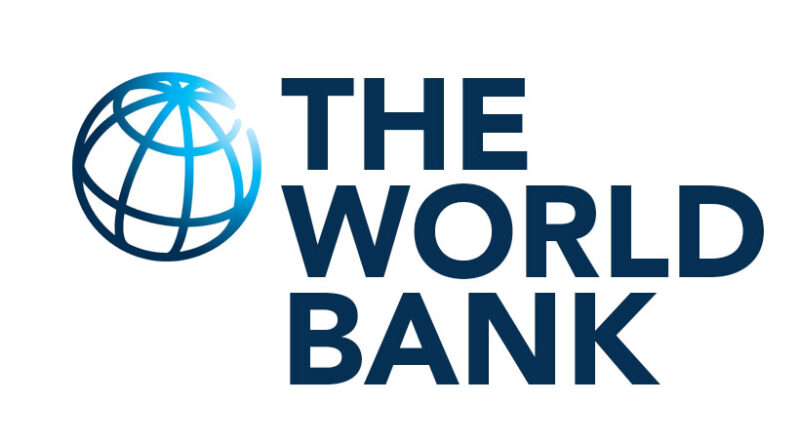World Bank Approves $50 Million Grant to Combat Nigeria’s Nutrition Crisis
The World Bank has approved a $50 million grant aimed at tackling Nigeria’s deepening nutrition crisis, with a primary focus on improving health outcomes for children, mothers, and adolescents.
This initiative addresses critical areas, including child stunting and wasting, maternal and adolescent nutrition, and micronutrient deficiencies, which have all posed significant public health challenges in Nigeria.
The project sets ambitious objectives to increase access to nutritious foods and healthcare services, enhance knowledge about nutrition among caregivers, and bolster nutrition governance and coordination. By focusing on these areas, the World Bank aims to create lasting change for Nigeria’s most vulnerable populations.

Project Components and Beneficiaries
Key components of the program include community-based nutrition interventions, capacity-building for healthcare providers, support for small-scale farmers (especially women) to produce nutrient-rich foods, and social behavior change campaigns
Through these initiatives, the project will directly benefit an estimated 1.5 million pregnant women and lactating mothers, 2.5 million children under five, and 500,000 adolescent girls across the country.
Implementation Strategy
The Federal Ministry of Health will oversee the implementation of the project in collaboration with state governments and various stakeholders, ensuring that support reaches communities most in need. Capacity-building efforts will empower healthcare workers to identify and address nutrition-related issues more effectively, while the inclusion of small-scale farmers is expected to improve local food systems and promote access to nutrient-rich foods.
Projected Impact
The World Bank-backed project has set clear goals, including reducing child stunting from 37% to 20%, wasting from 19% to 10%, and the maternal mortality ratio from 615 to 300 per 100,000 live births. The grant represents a substantial step forward in supporting Nigeria’s efforts to tackle malnutrition and improve public health outcomes, particularly among its most at-risk citizens.

